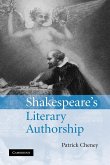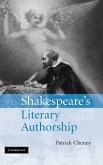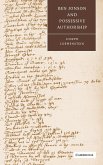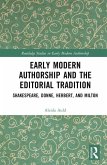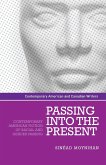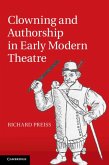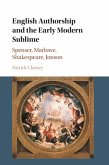"This is a brilliant and challenging book, explicitly calling into question the desire to rewrite the Renaissance and historicize it anew. In bracing readings of what is characterized as the phallomorphism of sixteenth-century verse and prose--a destabilization that we ignore at our peril--Crewe argues for a formal and material recalcitrance that inescapably haunts sixteenth-century texts and authors and posthumous accounts of their fashioning. No reader of this book (of whatever critical disposition) will be able to ignore its claims--or to accept them easily, for to do so means nothing less than suspending (critical) business-as-usual. Crewe's is not an 'other' sixteenth century or a 'new' one; it is, rather, one critics have, unknowingly, been (de)authorized by all the while."--Jonathan Goldberg, author of Voice Terminal Echo: Postmodernism and English Renaissance Texts "One of our most adventurous students of intertextuality, Jonathan Crewe has turned his attention to a collection of Tudor writings that normally receive perfunctory critical treatment. His remarks are as shrewd and unpredictable as we might expect from his earlier books, and they continue his elaboration of a story of Renaissance 'authorship' in the radical sense of that term, as an augmentation and a response to what has gone before. These are exciting and liberating essays that suggest a new way of seeing a literary history of sixteenth-century English literature."--Donald Cheney, coeditor of The Spenser Encyclopedia
Hinweis: Dieser Artikel kann nur an eine deutsche Lieferadresse ausgeliefert werden.
Hinweis: Dieser Artikel kann nur an eine deutsche Lieferadresse ausgeliefert werden.


